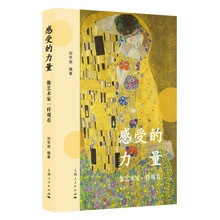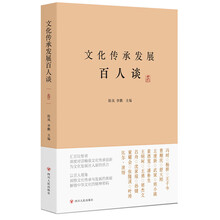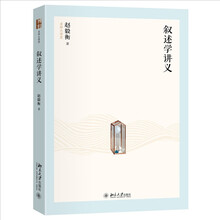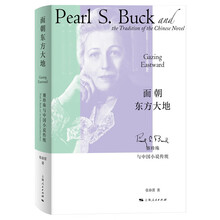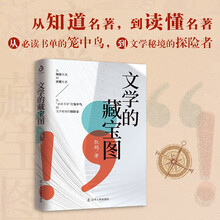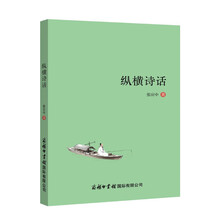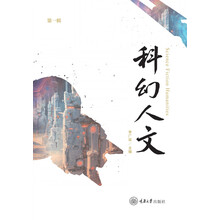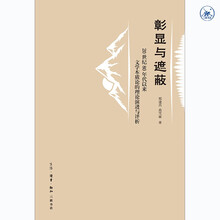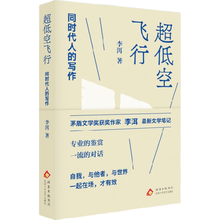目录
Introduction
0.1 Significance of the Research into Xu as a Poet-cum-Translator
0.2 Review of the Research into Xu's Verse Translation
0.3 Objectives and Research Method
0.4 Composition and Construction
Chapter 1 Social, Cultural, and Personal Background
1.1 Social, Cultural, and Creative Writing Conditions for the Artistic Field in Modern China: Attempts at Westernization
1.2 Translation Agenda in Xu's Day
1.3 Biographical Evidence for Xu' s Disposition of Open Mindedness to the New
1.4 Xu's Verse Translation Practice and Thinking
1.4.1 Interest in Literary Uniqueness of the Source Text
1.4.2 Translation Ideal versus Formal Shift
1.4.3 Experiment with the Expressivity of Vernacular Chinese
1.5 Summary
Chapter 2 From Defamiliarization to Alienation Effect
2.1 Defamiliarization
2.1.1 Shklovsky's Definition
2.1.2 Nature of Defamiliarization
2.1.3 Insights into the Novelty of Poetic Language
2.2 Alienation Effect
2.2.1 Brecht's Definition
2.2.2 Differences between Defamiliarization and Alienation Effect
2.3 Subjective Artistic Nature of Literary Translation
2.4 Summary
Chapter 3 Alienizing Translation
3.1 Definition
3.1.1 Understanding of Defamiliarization in Translation Studies
3.1.2 Working Definition
3.2Procedures of Alienizing Translation regarding the Ontological Nature of Translation
3.2.1 Alienization Procedure
3.2.2 Hybridization Procedure
3.3 Summary
Chapter 4 Interness as the Philosophical Motivation for Alienizing Translation
4.1 Interness
4.1.1 Interness as the Result of Intersubjectivity
4.1.2 Interness as the Recognition of Cultural Respect and Complement in Translating
4.2 Interidentity of a Poet-cum-translator
4.3 Translational Intersubjectivity between Xu and His Translated Poets
4.4 Inter-textual Reference as a Semiotic Construct
……
Chapter 5 Alienizing Translation in Relation to the Manipulation of Translation Norms
Conclusion
Appendix Xu Zhimo's Verse Translation
References
Afterword
内容摘要
徐志摩作为一个中国现代诗歌史上的著名诗人,其诗歌翻译与诗歌创作同步发展十年。他的诗歌字句清新,韵律和谐,比喻新奇,想象丰富,意境优美,神思飘逸,富于变化,追求艺术形式的整饬、华美,具有鲜明的艺术个性。他的个人诗歌才情与新诗运动的背景相结合,使得其译诗表现出鲜明的机诗体特征。陈琳对这一现象作了一番细致的分析。受俄国形式主义的陌生化概念的启发,她就此提出了陌生化诗歌翻译的概念,并从哲学的间性概念和翻译学的系统理论的角度对此进行了合理的论证,揭示了徐志摩作为诗人译诗的翻译诗学追求,可谓独辟蹊径。在《陌生化翻译:徐志摩译诗研究》中,她提出了很多论点,令人印象最深刻的是:徐志摩的有机诗体译诗虽然在很大程度上违背了翻译的忠实原则,但是,它反映了在新诗运动背景下,徐志摩作为一个新格律诗派的开山诗人,借助译诗,大胆地抒发其诗情,体现了他对译诗的诗性的大胆追求,造成陌生化诗歌翻译的效果,达到了通过译诗来探寻白话新诗的表现力的目的。

